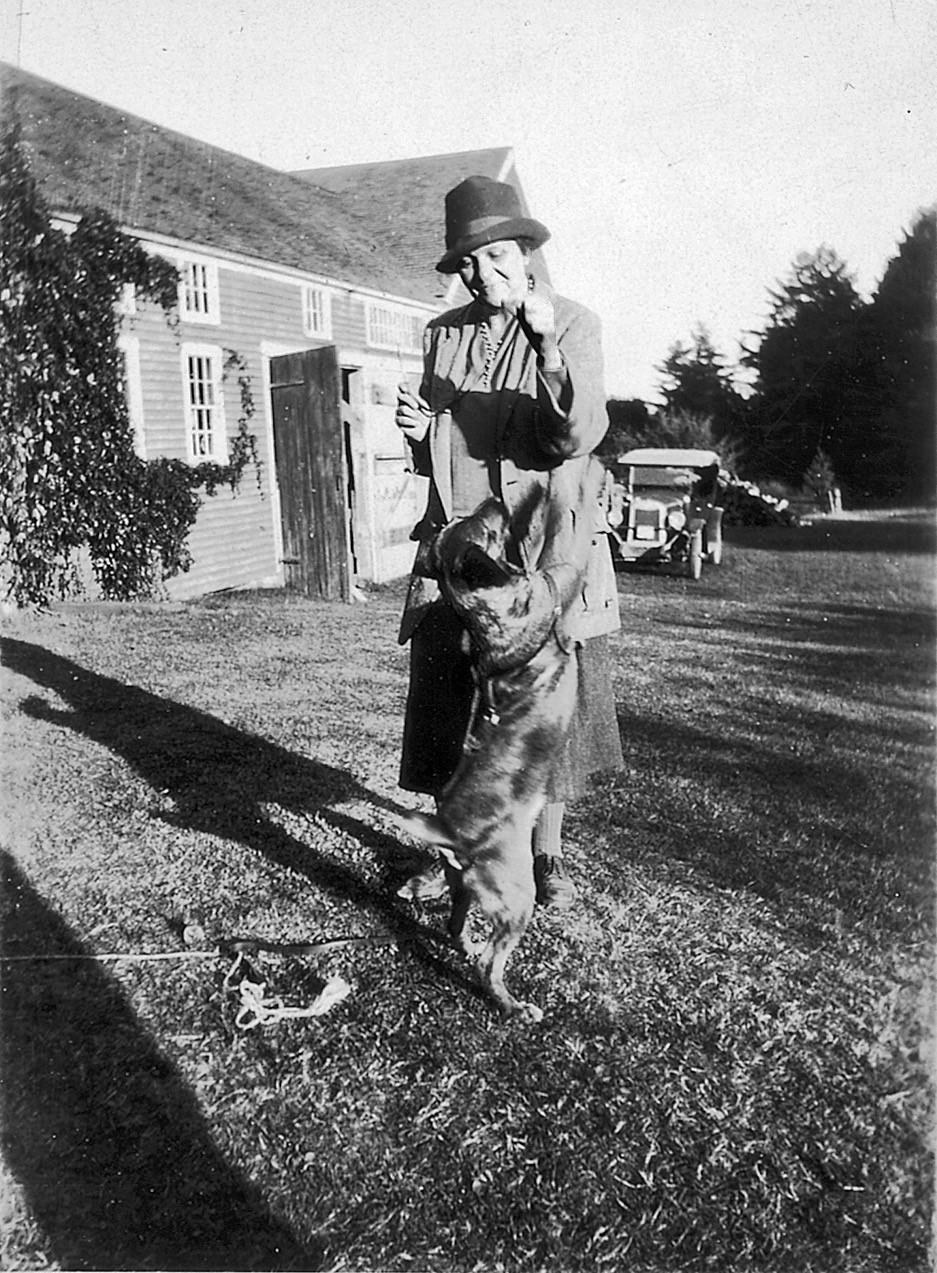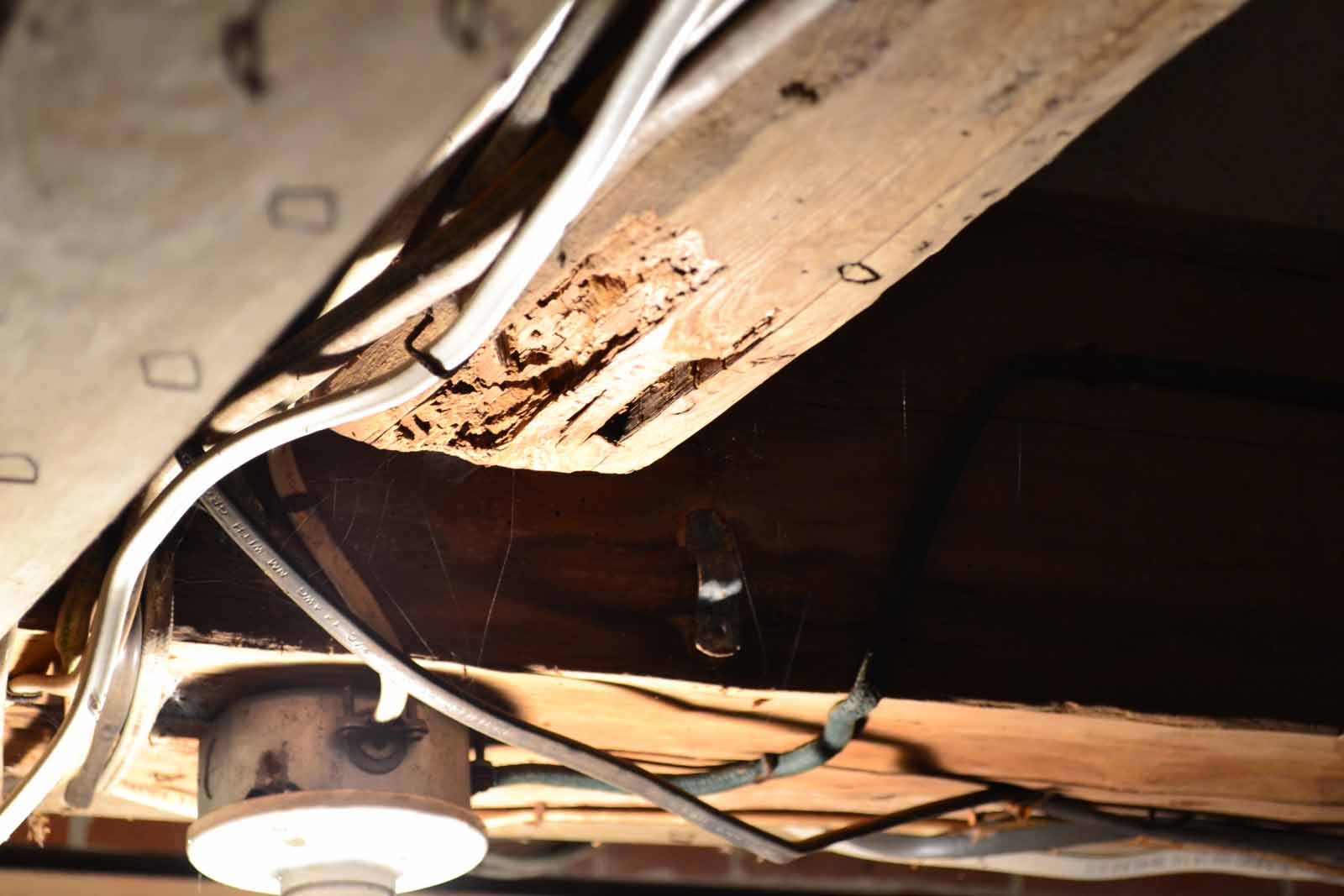




The Story
Near the banks of the Damariscotta River in Newcastle sits a modest two-story Greek Revival saltwater farm. The 1837 brick house and connected barn are surrounded by verdant fields, wooded groves and stone walls on property that has been home to the Perkins family for over 250 years. Frances Perkins, the Nation’s first female cabinet officer, summered here from 1880-1965, and devoted her life to public service, most famously as Secretary of Labor from 1933-1945. Perkins accomplished much in this post and is credited as the architect of key provisions of the New Deal, including many programs that helped bring the nation out of the Great Depression. She was instrumental in the establishment of Social Security, the minimum wage, standardizing the 40-hour work week, banning child labor, and developing the nation’s unemployment insurance and worker compensation systems. Throughout her life she found respite at her family’s farm. The property is currently owned by her grandson, who occasionally opens it for tours led by the nonprofit Frances Perkins Center. It was designated a National Historic Landmark in 2014.
The Threat
While the principal structures of the homestead have survived nobly over 180 years, harsh Maine winters have taken their toll. A recently completed conditions assessment identified deteriorated roofs, windows, doors and exterior brick walls as well as failing posts, floor framing and roof beams, and antiquated mechanical systems. These issues are threatening both the buildings and contents, and significant repairs are required to protect the building and allow it to host visitors as a public educational site. Currently the Frances Perkins Center has a right of first refusal to purchase the property but must raise funds to cover the cost of rehabilitation in addition to the purchase price, before this agreement expires in November 2019.
The Solution
Help the Frances Perkins Center Board meet its ambitious $5.5 million capital campaign goal of acquiring the property before it’s too late. Preserving this homestead, Frances Perkins’ “place of the heart,” is a once-in-a-lifetime opportunity. This National Historic Landmark must be rehabilitated to ensure future generations can be inspired by Frances Perkins’ legacy.

